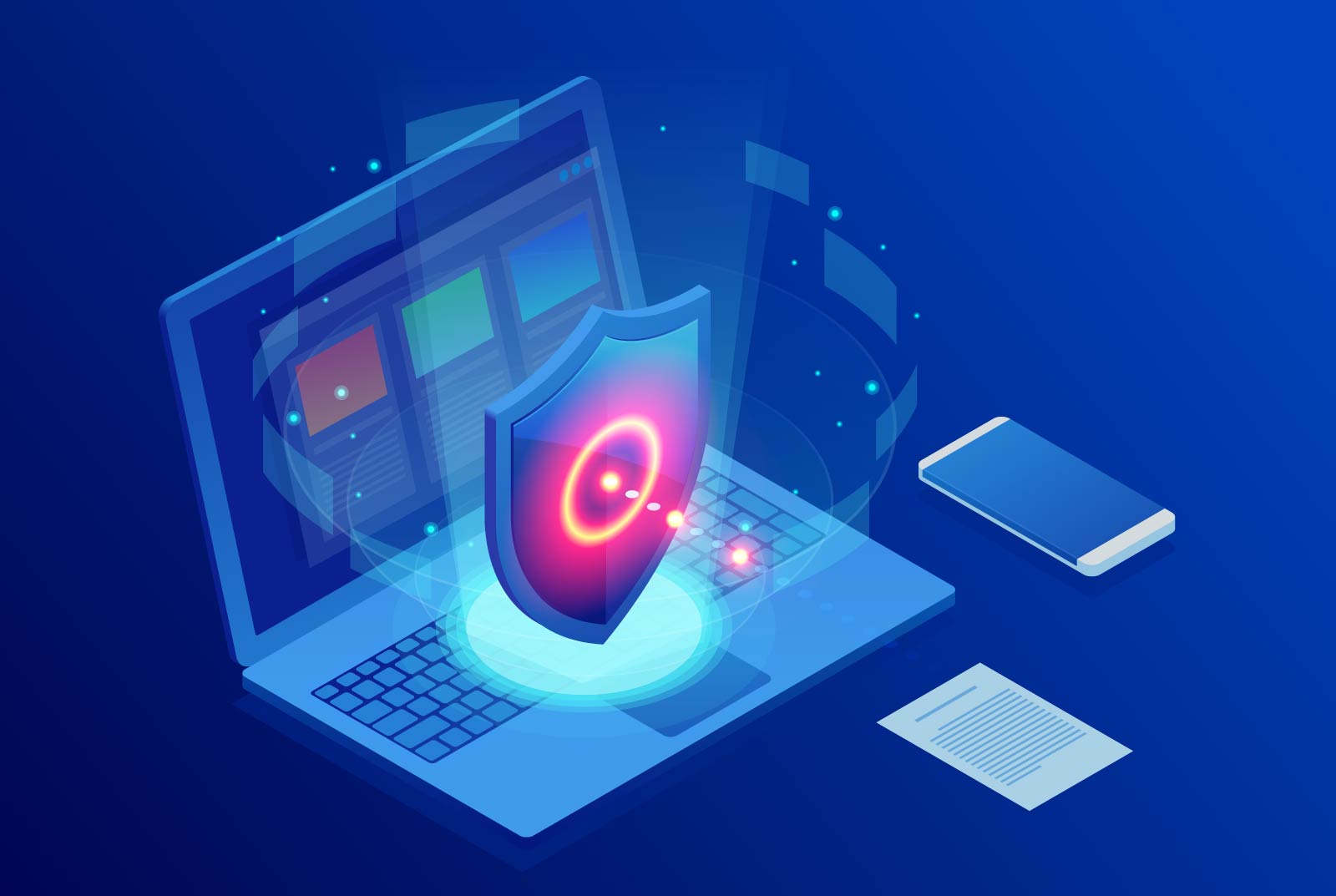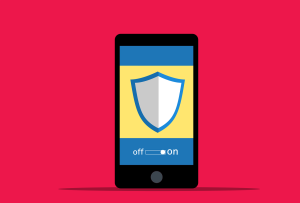There are many important questions to keep in mind when considering the security of your data backups. Are you backing up locally and to the cloud to avoid danger brought on by local natural disaster? Are you storing your physical and cloud backups in a safe place? Have you tested your data backup to ensure that the data is intact if you need to restore it? Are you encrypting your data backup if the data is sensitive?
Our highest priority when setting up a data backup solution is to plan for disaster. We want to ensure that if there were a flood, fire, tornado, or earthquake your data would be recoverable. With that in mind, storing your data in one location only is a bad idea. You could transport your backup drives to a different location daily (that’s how it was done in the old days). But with internet speed getting faster and data storage costs getting lower, the cloud backup has become a more viable solution. Prices vary, but for around $10 per month per PC you can have unlimited online backup storage. If natural disaster struck your business, and you had an online data backup, recovering your data would take less than a day in most cases.
When installing a backup solution for our clients we try to make sure the server and backup drive are stored somewhere safe. A server closet with a locking door is the best option. When that is not available, a lockable office works. The idea is to ensure that it’s difficult for somebody to come in and grab the server or your backup drive and leave with your valuable and sensitive data. It’s also important to choose the location of your online data backup. Don’t choose a service that will store your data in the same geographic location as your office. If a major earthquake struck Saint Louis it could affect your office and the location of the online backup if it were based in Saint Louis as well.
If you have a data backup in place, it’s important to attempt to recover data from the backup on a regular basis. This will ensure that when the time comes that you need something from your backup, it will be available. Many business with a data backup solution in place have never tested it before the time came that they needed the data back. When trying to recover data, you could find that your data hasn’t been properly backed up for months or years. The only way to ensure this doesn’t happen is regular testing.
Personal customer data like social security numbers or credit card numbers are sometimes stored on your network. If your business does store sensitive information like this in its backups, encryption is necessary. Encrypting your data backup is the equivalent of putting a very complicated password on the data. This ensures that if somebody were to walk away with your backup drive or somehow gain access to your online data backup, they would have to guess an impossibly long encryption key before being able to read the data. When configuring your local backup, you’ll want to choose backup software that can encrypt the data. And when choosing your online data backup, you’ll want to choose a service that allows you to choose your own encryption key that the service won’t have access to.
When choosing your data backup solution it is important to consider its physical and cloud location, to test it regularly, and to consider encryption when backing up sensitive data. Always choose a reputable IT provider to ensure all of these considerations are planned for.








